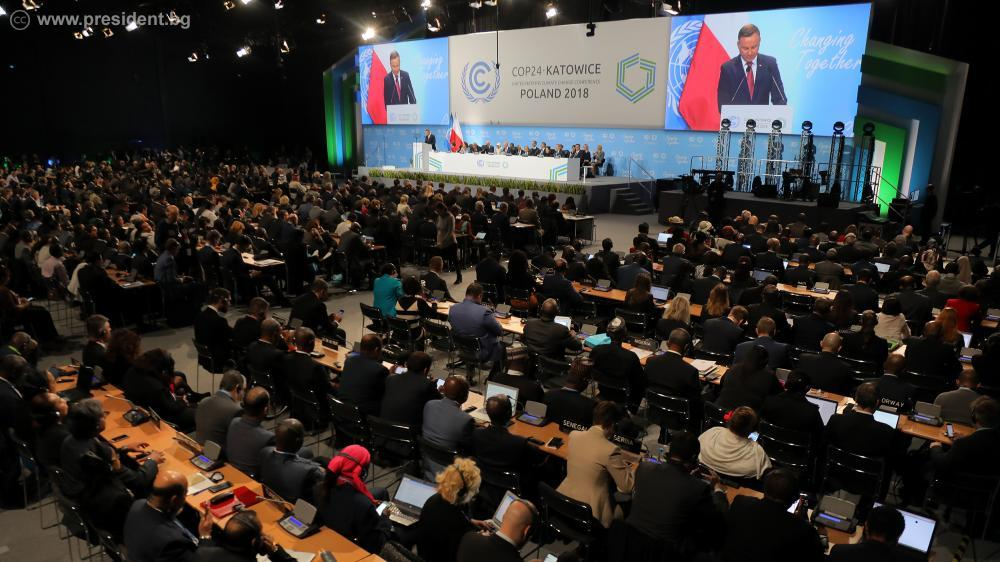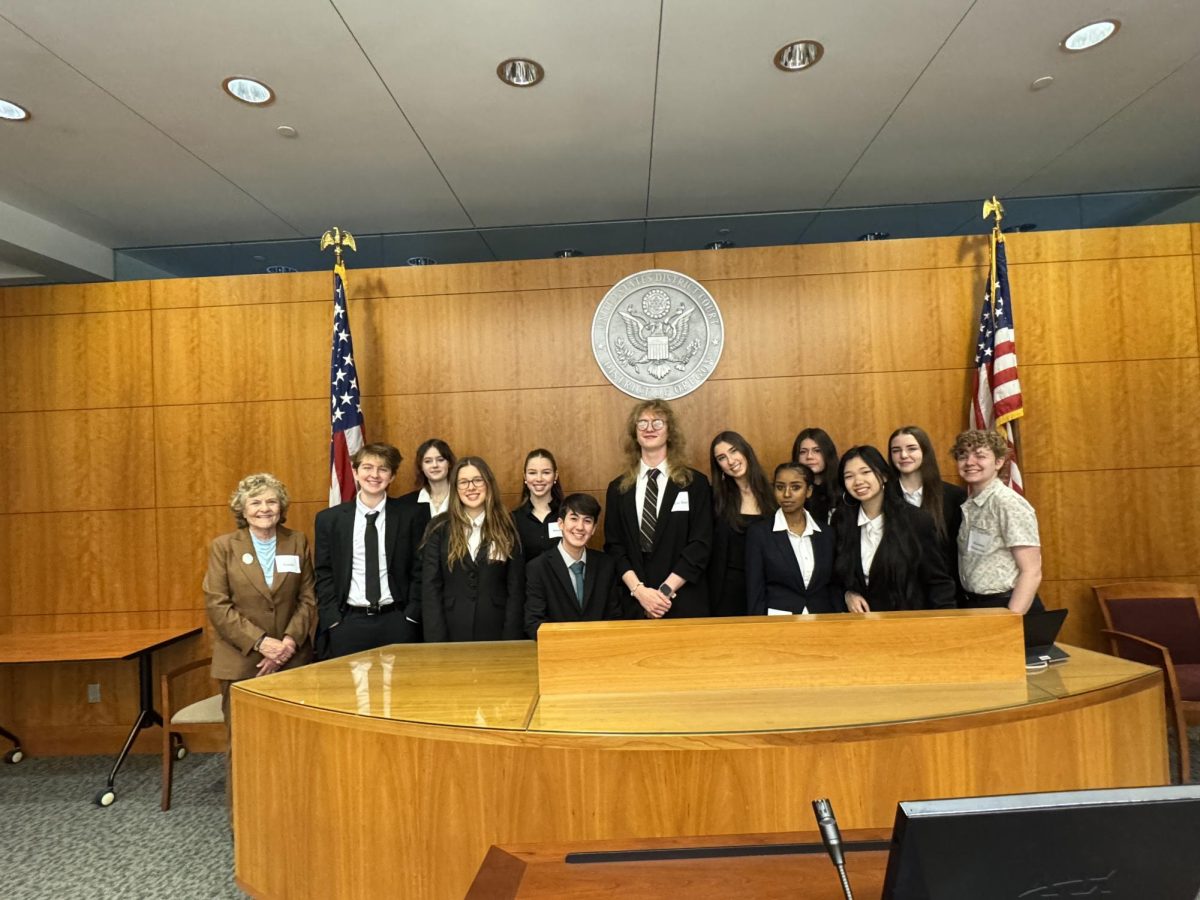
Delegates from more than 200 countries gathered on December 2 for the 2018 United Nations Climate Summit. After two weeks of brutal negotiations, officials finally agreed on universal, transparent rules to help reach the goals set three years ago in the Paris Agreement.
The conference occurred against a backdrop of controversy after U.S. president Donald Trump pulled the United States out of the Paris Agreement in 2017. Anger from those opposed to this decision continued to rise when it was announced the conference would be held in Katowice, Poland, home to the largest oil company in the European Union. These concerns were amplified by the influx in climate change-related natural disasters that have occurred in recent years. In 2018 alone, massive wildfires struck Europe and California, and mass flooding occurred in India, Japan, and East Africa. The concern that the climate is changing faster than governments are responding to it was echoed in the speeches of many summit speakers, including world-renowned natural historian David Attenborough. He told summit delegates, “If we don’t take action, the collapse of our civilizations and the extinction of much of the natural world is on the horizon.”
According to an analysis by the World Meteorological Association, 2015 to 2018 are the four warmest years on record. Scientists are now saying that the measures previously agreed upon to phase out coal and other fossil fuels fall short of what is desperately needed. However, to the dismay of environmental activists and climate scientists who were urging for more ambitious climate goals, delegates are waiting until the 2019 conference to discuss cutting emissions further.
One of the key achievements in Katowice was an agreement on how countries should record and report their greenhouse gas emissions and the efforts they are making to reduce them.
In addition, many smaller countries were able to secure assurances on predictable financial support to help cut emissions and deal with the inevitable changes to come, as well as to pay for the damages that have already occurred. Additionally, delegates discussed a potential system of carbon credits, permits that allow countries to produce a certain amount of carbon each year that can be traded if the full allowance is not used. Economists believe that this system could be an effective way to lower carbon emissions while raising large amounts of money to help curb the effects of global warming. “It’s so important that people and governments see that helping the environment is economically valuable,” said Franklin Environmental Science teacher Megan Whisnand.
Despite dropping out of the Paris agreement, the U.S. pushed hard for transparent rules that would put every country under the same guidelines. “Transparency is vital to U.S. interests,” said Nathaniel Keohane, a climate policy expert at the Environmental Defense Fund, in an interview with The Washington Post. Keohane said that the U.S. helped broker an outcome that is true to the vision of the Paris Agreement, a vital step toward making permanent change to the climate.
According to Michal Kurtyka, a senior Polish official chairing the talks, this conference was one of many little steps forward in the effort to end climate change and mitigate its detrimental effects. “We will all have to give in order to gain,” he said. “We will all have to be courageous to look into the future and make yet another step for the sake of humanity.”
































